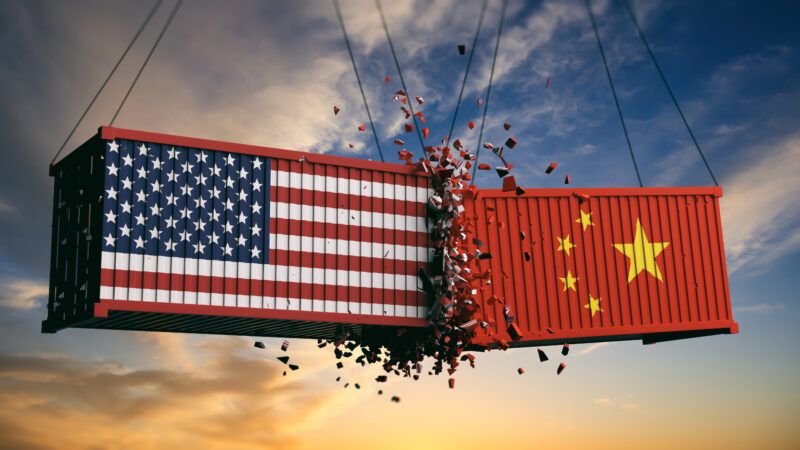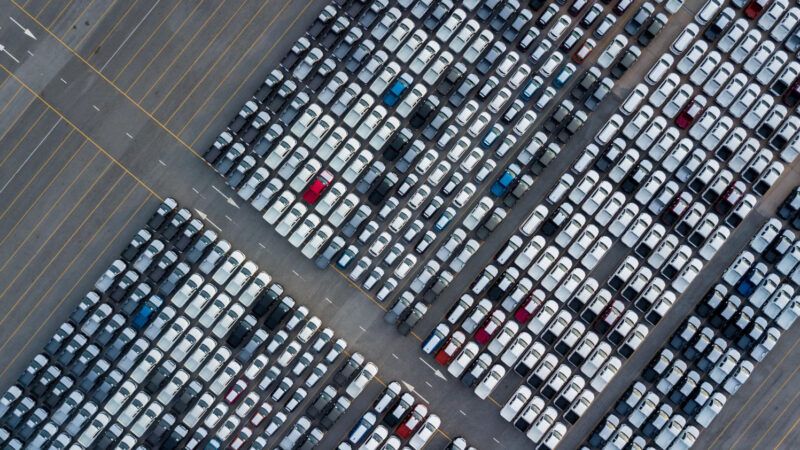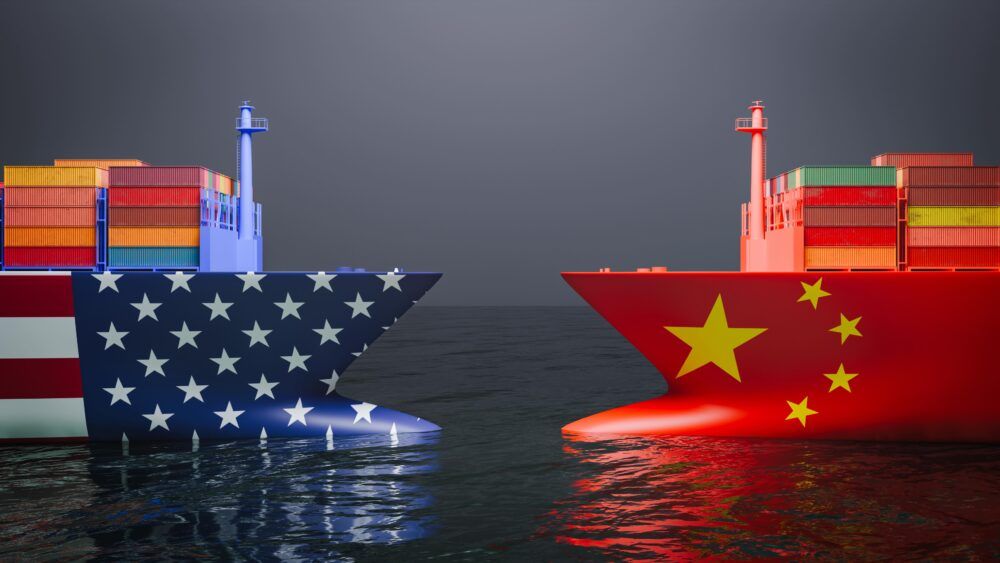
Global trade war: the end of 70 years of free trade?
Trump's announcements of tariffs and trade tensions are escalating globally. China responds to US restrictions on chips and electric vehicles by banning the export of strategic materials, while the EU imposes its own barriers. This trade war is dismantling decades of international agreements, especially affecting the automotive and technology sector, and will lead to the creation of new shipping routes.

Jordi Torrent is the Strategy Manager at Port de Barcelona.

Announcements on tariffs and trade agreements follow one after the other in a dizzying last few weeks amid an explosive global political climate. With the beginning of Trum's term in office, the latest Chinese announcement banning the export to the U.S. of gallium, germanium and antimony (key products for the military and electronics industries) is a warning to sailors.
China will not stand idly by in the face of the trade war with which the next U.S. president is threatening the world.
The move is a response to recent U.S. decisions to restrict exports to China of chips and the imposition of 100% tariffs on Chinese electric vehicles. In the EU, tariffs on imports of Chinese electric vehicles that have recently been imposed are more modest, peaking at just over 30%.
This is not the first time that the Asian giant has limited the export of strategic products. It already did something similar a decade ago with molybdenum and rare earths. China then justified the restrictions on the basis of the GATT article that allows exceptions to conserve exhaustible natural resources. The decision was challenged at the WTO by the US, the EU and Mexico, and the multilateral body eventually ruled in their favor. China acted in accordance with the decision and reversed the decision. Ten years after those measures, the US, the EU and China are no longer acting in the same way.
China will not stand idly by in the face of the trade war with which the new US president is threatening the world. And the EU? An open trade war does not look like a very good policy for the European Union.
Tariff measures contrary to the spirit of the WTO
The tariff measures adopted and the new ones on the way are clearly contrary to the spirit and text of the WTO agreements, despite the fact that many of these measures are accompanied by explanations that claim to justify them on the basis of exceptions provided for in international economic law. But no one is fooling anyone anymore and is perfectly aware of what is happening.
The escalating trade war is slowly tearing down the edifice of commercial economic law that has been painstakingly built up over the past 70 years.
While all this is going on, the Chinese automaker BYD has deployed in streets, social networks and sporting events across the EU a huge marketing campaign. The landing in Europe of the most powerful Chinese electric brand coincides with the open crises in Stellantis and Volkswagen, unable to compete globally with Japanese, Korean and now Chinese cars.
The battle in the electric vehicle segment between Tesla and Chinese brands is just one example of the struggle for leadership in the global market between Western and Asian brands that is taking place in other sectors from which Europeans are disappearing. Tik Tok versus American social networks, Aliexpress versus Amazon, Shein versus Inditex or Primark, and Samsung versus Apple are some examples.
The direct tariffs planned by the US against China and the direct and indirect (in the form of environmental measures) by the EU, to protect our scarce industry and try to recover manufacturing, will be immediately replicated by China and other Asian countries. Korea and India have already taken steps in this direction.
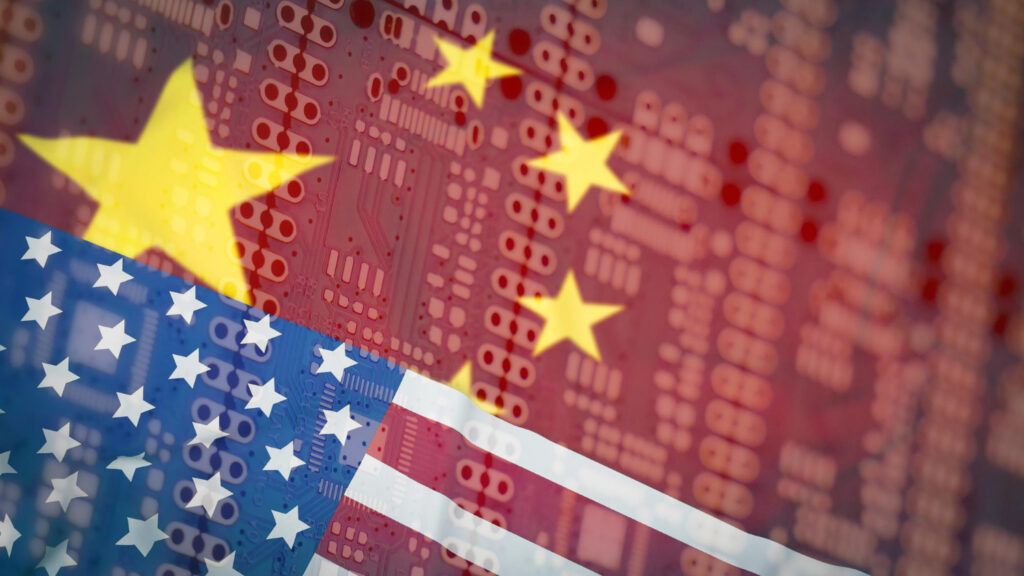
Open trade war? Not very good policy for the EU
Asian markets are essential for the few European companies that compete globally, so closing them to our products could have dire consequences. If, in addition, we have greater difficulties in accessing their raw materials (metals, rare earths, minerals, etc.), the energy transition will be even more painful and reindustrialization a chimera.
The conclusion of the negotiations for the EU-Mercosur trade agreement between the European Commission (EC) and Mercosur member countries seems to be the other side of the coin. However, despite all the pomp with which the news has been publicized, what happened is not very different from what happened five years ago, in June 2019, when Sandra Gallina, also on behalf of the EC, celebrated the conclusion of similar negotiations with Mercosur. As is now obvious, these negotiations did not result in the signing or ratification of any trade liberalization treaty between the two blocs.
It is important to note that the European Commission has not signed anything that binds the European Union and its member states, as it does not have this power. What it has done is to conclude negotiations. The process of approval of the text will be long and tortuous and must necessarily pass through Parliament and the Council (at the expense of knowing the full final text, as only part of it has been disclosed, and also whether it must be ratified internally by the member states through the appropriate national legislative procedures).
The foreseeable opposition to the signing of the agreement by the European agricultural sector makes it unlikely that it will be signed in the short term, especially in view of the unstable political situation in Europe.
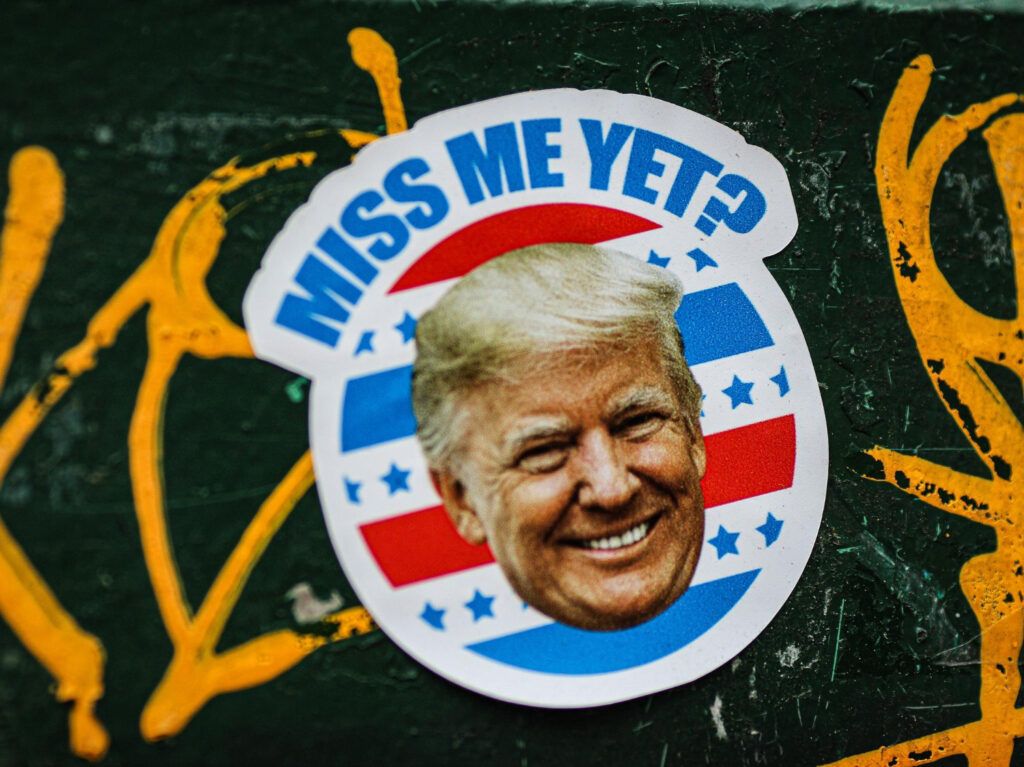
Corporate moves in the face of Trump's threats
The truth is that companies have not waited for the inauguration of the new American president to take action in the new scenario. Only Trump's widely publicized threat of tariffs has forced some companies to bring forward their orders. Others are looking for new suppliers or renegotiating conditions. In any case, we are talking about increased costs. Increased stocks, urgent orders, new and more expensive suppliers, development of new logistics chains...
But all these measures are decisions taken to alleviate the trade war in the short term.
The long-term impact remains to be seen, but American companies will probably tend to look for new trading partners outside Trump's initial statements. China, for its part, could also redirect its imports to other countries to obtain the raw materials it needs, especially in Africa, Latin America, Russia, Vietnam, India and Central Asian countries.
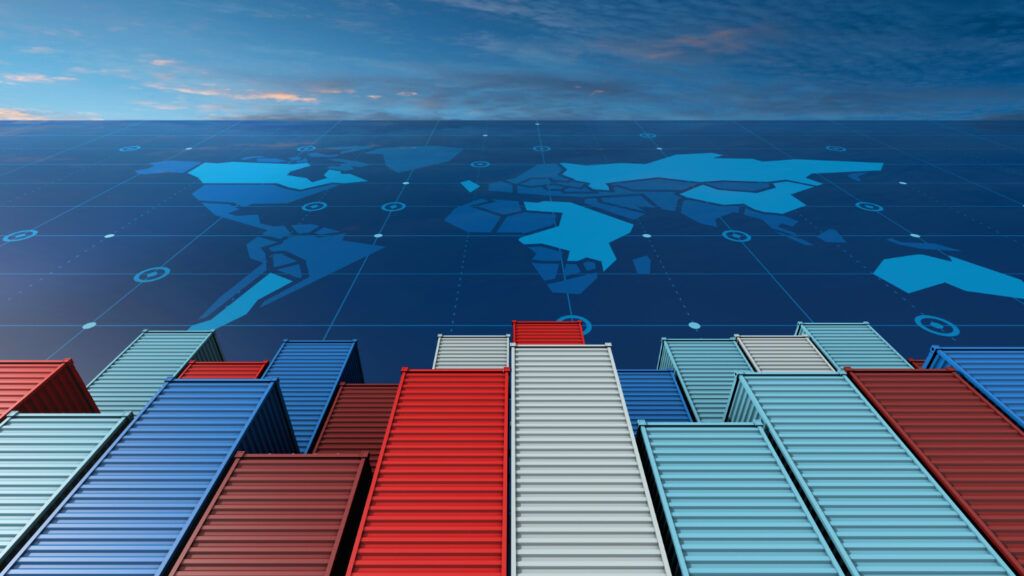
Commercial changes that generate new maritime routes
These changes would generate new maritime routes, modifying the patterns established during the last decades. The Trans-Pacific route and the Asia-Europe route are expected to be the most affected, while Intra-Asiatic routes and Asia-Africa connections may be the most favored.
At the logistics level, the effects are already being felt. The ports on the West Coast of the United States (Los Angeles and Long Beach) have increased their imports during the last months of 2024, as a result of the increase in orders. This is expected to continue during the first months of 2025, and then to decrease significantly.
And in Europe, the fears of economic sectors (farmers, car manufacturers, etc.) of new trade liberalization agreements are yet another sign of the recent fear that global competition is causing in the EU and the US, the former champions of free trade and the elimination of tariff barriers.
The twists and turns of life.


